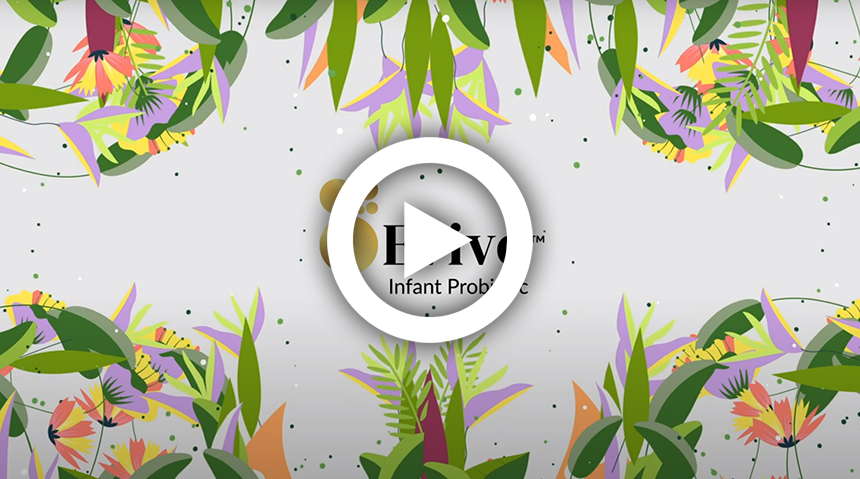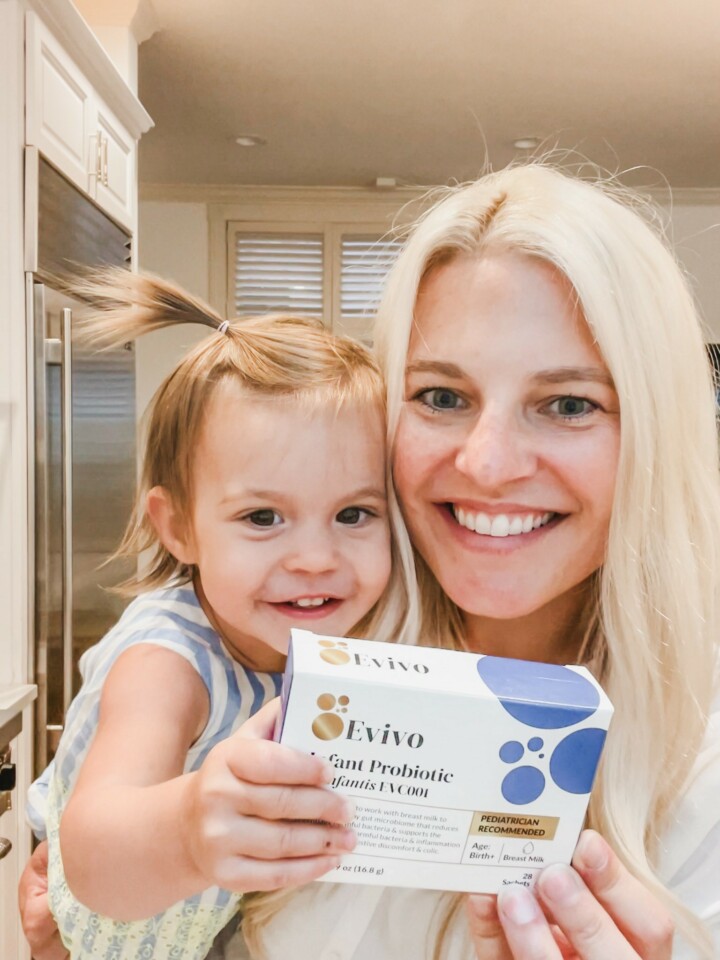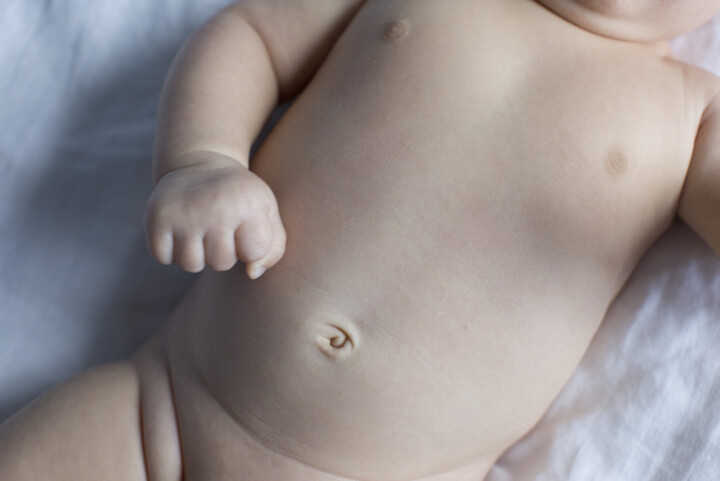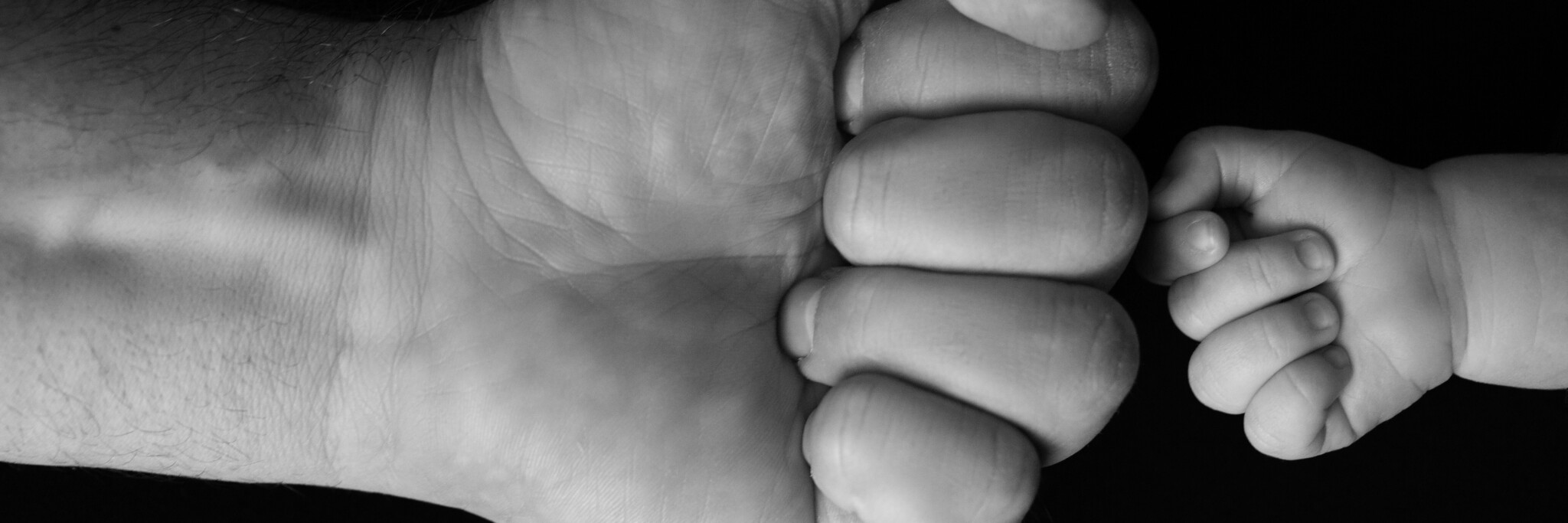Probiotics for breastfeeding and bottle-feeding newborns support a key protective system
Evivo is one of the best probiotics for your breastfed or bottle-fed baby. Together, breast milk and B. infantis EVC001, the single bacterial strain in Evivo, help support healthy immune function.
Evivo Infant Probiotic Powder
Shop this productA daily probiotic powder for newborns fed any amount of breast milk to help establish a protective gut microbiome and support healthy immune function.
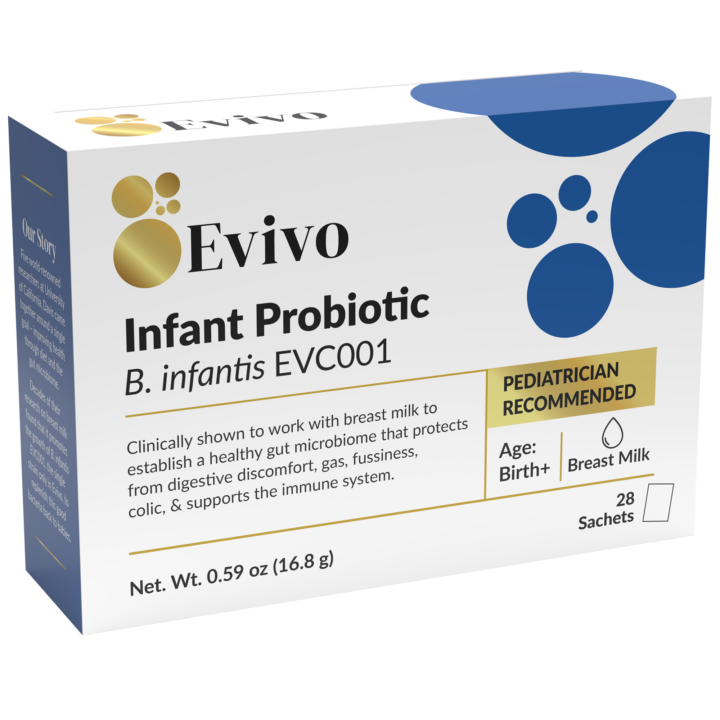
Parents report relief within days after feeding Evivo Baby probiotic powder *
- 72% saw reduced diaper rash
- 63% reported less gas and fussiness
- 52% said baby slept longer
Evivo is clinically shown to work with breast milk to:
- Replenish good bacteria in 100% of babies *
- Establish a healthier gut microbiome *
- Thrive and continuously protect from digestive discomfort *
- Help support developing immune systems *
Clean Label Project certified.
How does Evivo work with breast milk to become one of the best probiotics for breastfed babies?
See our documented mechanism of action.*

Capture
B. infantis EVC001 uniquely captures Human Milk Oligosaccharides (HMOs) found in breast milk, helping infants maximize nutrition from breast milk.

Consume
B. infantis EVC001 then consumes HMOs to colonize, or to replicate, establish, and persist, in the gut to help reduce colic and digestive discomfort, protecting baby from the inside out.

Convert
Finally, B. infantis EVC001 converts HMOs into molecules that help support a healthy gut environment and immune system 4, 5, 6
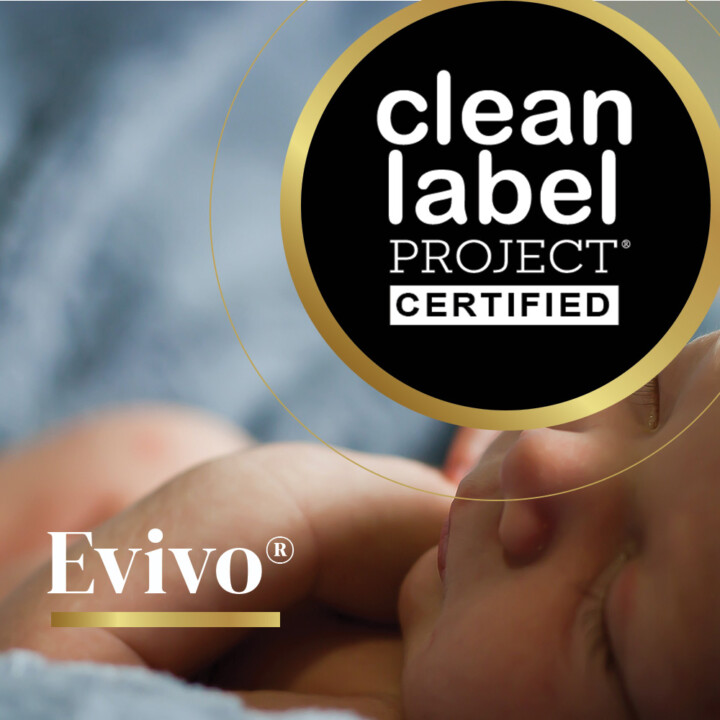
Evivo is Clean Label Project Certified
Clean Label Project is a national nonprofit committed to transparency in food and consumer product labeling. The organization runs lab tests on hundreds of products and awards those that surpass standard manufacturing regulations. Evivo’s probiotic powder for breastfeeding newborns passed the testing and received certifications for Clean Label Project.

Best-in-Class Product Standards
Evivo products maintain high quality standards for product testing, manufacturing, packaging, and distribution:
- Third-party testing ensures CFU (colony forming units) count and purity
- Each manufacturing batch includes a Certificate of Conformance
- All packaging is BPA free and protects Evivo from moisture, light, and oxygen
How much Evivo probiotics should I give my baby?
Since each baby is unique, you can choose the best way to feed Evivo. What’s most important is finding the method and consistency that works for you and your baby.
Recommended use:
Mix 1 sachet into breast milk, formula, or solids. Feed immediately. Discard leftovers.
The below table has suggested amounts to help with consistency.
| Feeding method | Amount of breast milk or formula per sachet |
|---|---|
| Spoon, oral syringe, or medicine dispenser pacifier | 1 tsp (approx. 5 mL) |
| Directly from finger, nipple, or pacifier | 5-10 drops (for paste) |
| Bottle | Single feeding amount or 2 oz |
Immunocompromised or baby with known allergies? Please consult your physician before using Evivo.
Feeding tips
- Give Evivo at the start of a feeding, so baby is likely to swallow more of it.
- It’s ok if baby doesn’t finish everything during a single feeding, still discard the rest.
- For best results, mix with room temperature or warm breast milk or formula. Some sediment is expected.
- Hold or sit baby semi-upright, supporting the upper back and neck – just as if feeding a bottle. Don’t tip head back – this can make it harder to swallow.
- For infants who can’t tolerate a 3 – 5 ml volume in one feeding, consider making the thin paste.

Store at room temperature
Evivo is safe to store at room temperature. No refrigeration required.
Each sachet is specially designed to protect against temperature fluctuations, air, moisture, and light. Keep Evivo on the counter, in the pantry, or in the diaper bag.

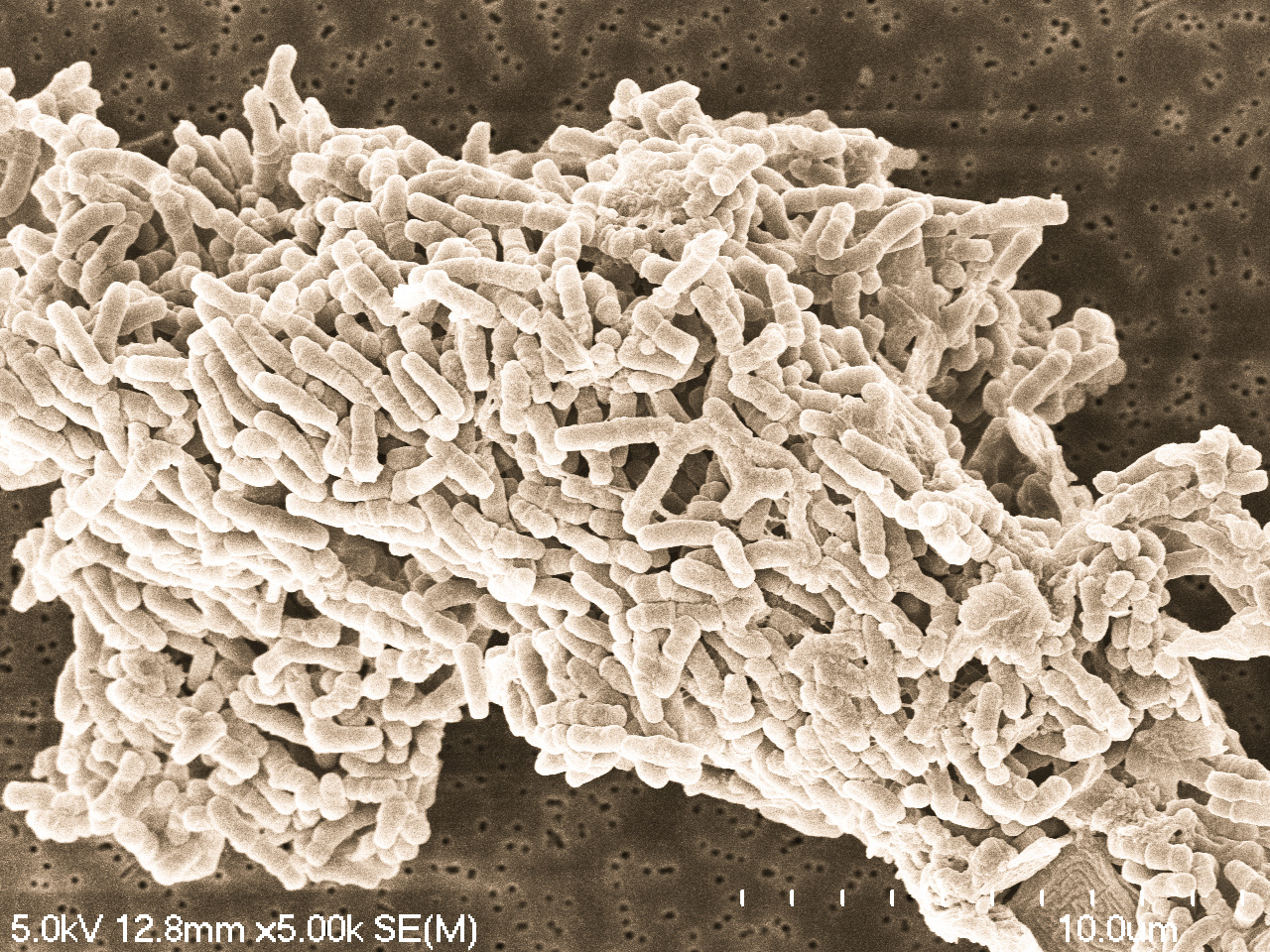
Why should I give my baby probiotics?
Over 60,000 parents have set their babies up with a healthy foundation by harnessing the power of the infant gut microbiome with Evivo infant probiotics.
What do probiotics do for babies?
For parents asking, “should I give my baby probiotics?” note that 80% of our immune system is in our gut. It’s imperative to care for your baby’s gut microbiome today to give them a strong foundation for good health.
Science shows that every baby fed any amount of breast milk can benefit from Evivo probiotics, especially newborns delivered by c-section, showing colic symptoms such as gas and fussiness, or experiencing diaper rash. *

Diaper changes alone may not do it.
Most parents believe diaper rash is caused by waiting long periods of time to change baby’s diaper. Current research is showing a link between diaper rash and rising pH levels in baby poop. *
Tackle diaper rash from the inside.
Evivo with B. infantis EVC001 is one of the best probiotics for breastfed babies because it lowers the pH levels in your baby’s poop. When mixed with breast milk and fed to baby daily, Evivo has been shown to clear up diaper rash within days, so baby is more comfortable—and so are you.

Does your baby have colic symptoms?
Scientists believe colic may be caused by the loss of good bacteria in the gut.*
Evivo can help.
Research has shown an 80% increase in good bacteria in babies fed Evivo. After using Evivo for one week, parents report relief and better sleep.

A well-rested baby is a happy baby
Sleep is essential for your little one’s growth, development, and overall well-being. Did you know babies may experience sleep issues due to discomfort caused by an imbalanced gut?
From sleeplessness to sweet dreams
An imbalanced gut can lead to digestive issues and gas buildup which can disrupt your baby’s sleep patterns. Evivo with B. infantis EVC001 helps infants establish a healthier gut microbiome for smoother digestion and less discomfort.*

Implications of C-section births.
Babies born by C-section lack beneficial bacteria picked up through the birthing process. *
Begin Evivo with the first breastfeeding.
Feeding baby Evivo with breast milk right after birth helps populate baby’s gut with beneficial B. infantis EVC001. A healthier gut microbiome helps protect from within and supports healthier immune function.
Loved by parents
Resources
Highly rated by healthcare professionals
Frequently Asked Questions
We know you want the best for your baby. If you have any questions about what probiotics do for babies, whether you should give your baby probiotics, or the best probiotics for newborns breastfeeding, – you can contact us directly email customerservice@evivo.com, or search our FAQs for an answer.
Research has identified hundreds of types of bacteria, and many are sold as probiotics for your baby, but many do not have an explainable process that describes how it works inside the body. That’s why Evivo is different.
With Evivo, baby can digest important breast milk nutrients called HMOs (Human Milk Oligosaccharides). While other probiotics pass through, the good bacteria (B. infantis EVC001) in Evivo captures and consumes HMOs to thrive and colonize within the gut. With up to 80% of our immune system in the gut, establishing a healthy gut microbiome is key to supporting immune function.
Learn more about what matters when choosing a probiotic for baby, and how Evivo works.
You can start feeding your baby Evivo immediately once they begin consuming breast milk.
Yes. Evivo is for babies fed any amount of breast milk and can be mixed with formula, breast milk, or solids.
All babies, irrespective of delivery type, benefit from being fed Evivo. Even vaginally born babies may be missing beneficial bacteria in their gastrointestinal tract resulting in digestive discomfort.
Feeding baby Evivo with breast milk right after birth helps populate baby’s gut with B. infantis EVC001, a good bacteria strain clinically shown to work with breast milk to support digestive and immune health.
We cannot guarantee Evivo to be free of common allergens. Specifically, Evivo contains B. infantis EVC001, which is finely milled and mixed with lactose, the main sugar found naturally in breast milk.
Given the way the product is processed, there may be trace amounts of residual milk and/or soy. While we do not expect any soy or milk to be present, per allergen regulations, we cannot guarantee a zero value and therefore declare both soy and milk. If these allergens are a concern, please consult your pediatrician before use.
Care for your baby’s gut microbiome today to give them a strong foundation for good health.
Our Science
Our focus is understanding naturally intended synergies between microbiome and diet.
Our Story
How we discovered B. infantis EVC001 partners with breast milk to better health.

